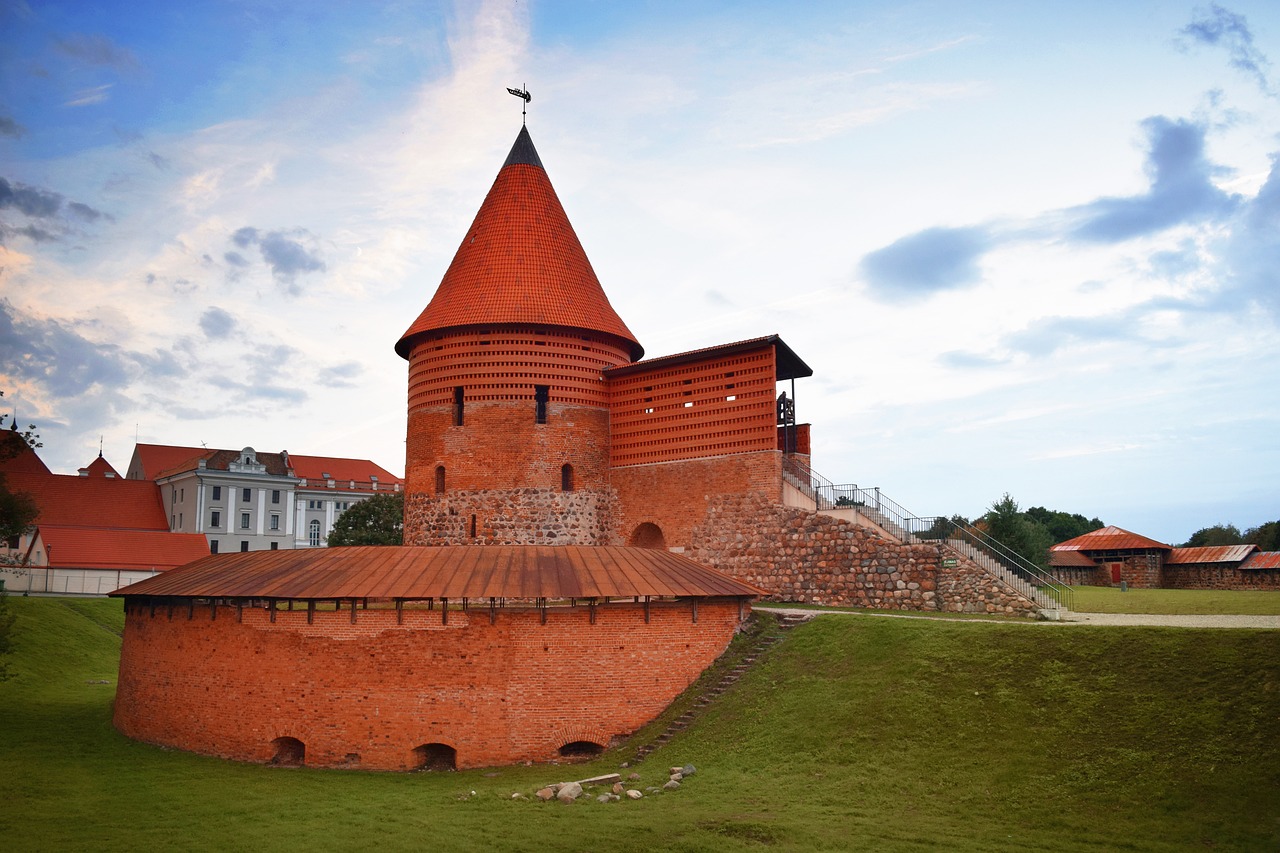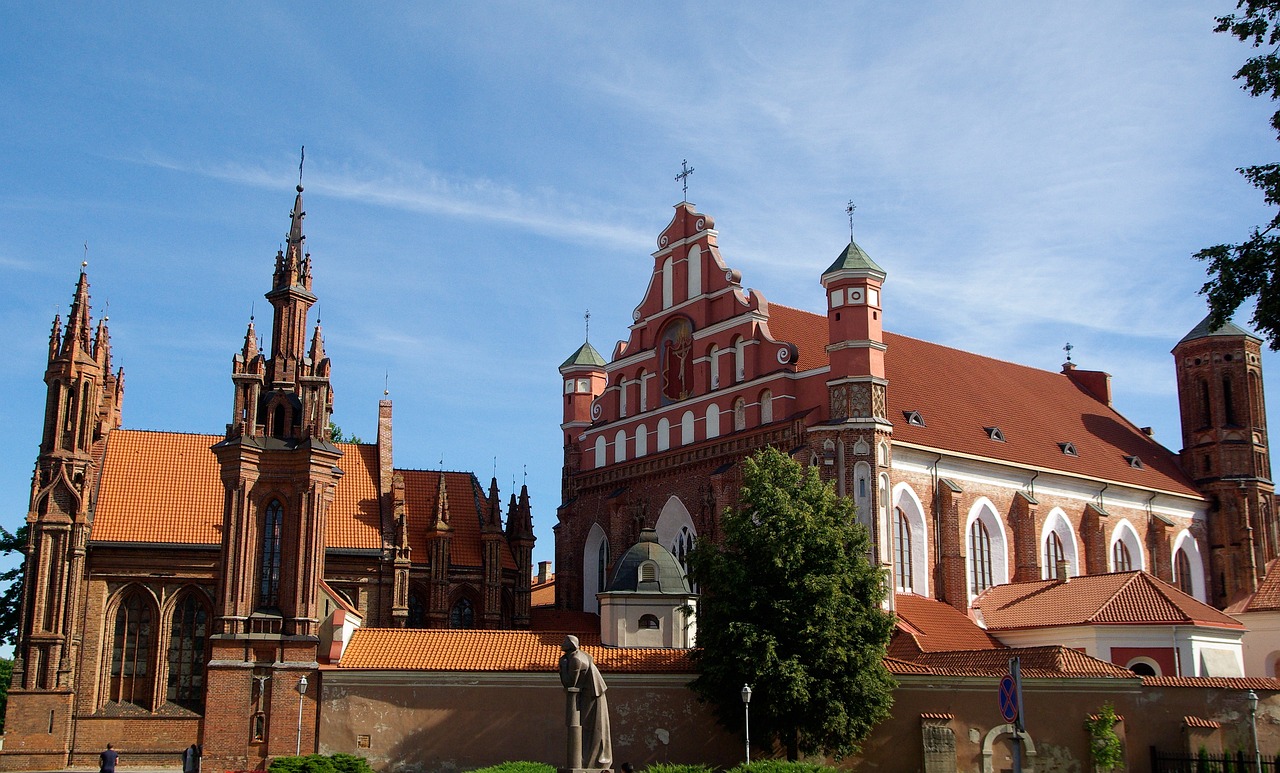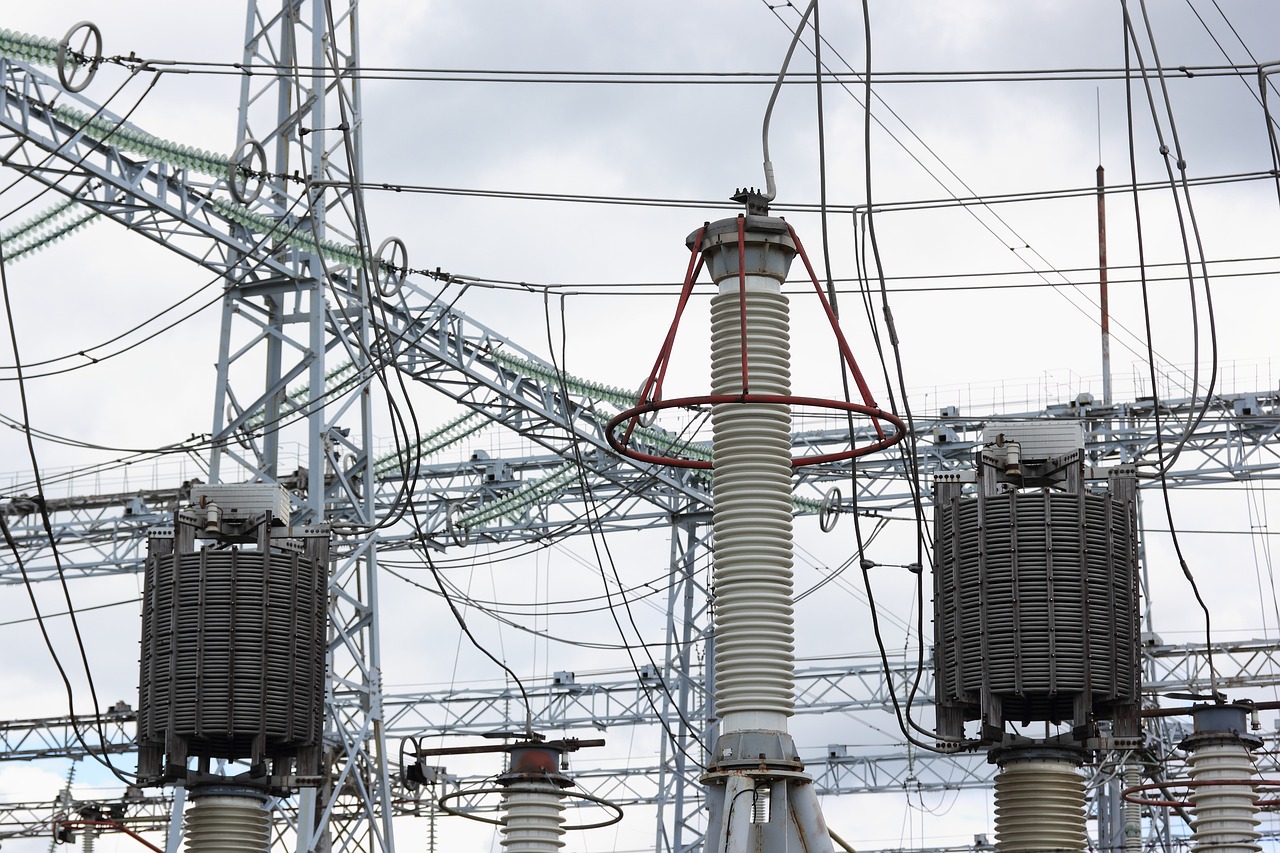Navigating Local Taxes and Business Regulations in Lithuania
Lithuania, a country in the Baltic region of Europe, offers a promising environment for businesses to thrive. However, like any other country, navigating local taxes and business regulations is crucial for success. In this article, we will explore various aspects of Lithuania’s tax system and business regulations to help you understand the requirements and make informed decisions for your business ventures.
Overview of Lithuania’s Tax System
Lithuania operates under a progressive tax system, which means that individuals and businesses are taxed at different rates depending on their income levels. The main types of taxes in Lithuania include:
- Corporate Income Tax: The corporate income tax rate in Lithuania is a flat 15%. This tax is applicable to both resident and non-resident companies on their worldwide income.
- Personal Income Tax: Individuals in Lithuania are subject to a progressive personal income tax, with rates ranging from 20% to 32%. The tax is levied on income earned from employment, business activities, capital gains, and other sources.
- Value Added Tax (VAT): Lithuania has a standard VAT rate of 21%, with reduced rates of 9% and 5% applicable to certain goods and services. VAT registration is mandatory for businesses with an annual turnover exceeding a certain threshold.
- Real Estate Tax: Property owners in Lithuania are required to pay a real estate tax, which is calculated based on the value of the property. The tax rates vary depending on the location and type of property.
- Social Security Contributions: Both employers and employees are required to contribute to the social security system in Lithuania. The contributions fund various social benefits, including healthcare, pensions, and unemployment benefits.
Registering a Business in Lithuania
Before commencing business operations in Lithuania, it is essential to register your business with the relevant authorities. The registration process involves several steps, including:
- Choosing a Legal Entity: Determine the most suitable legal entity for your business, such as a sole proprietorship, partnership, or limited liability company (LLC).
- Name Clearance: Verify the availability of your desired business name with the Register of Legal Entities in Lithuania. The name should be unique and not conflict with existing trademarks or business names.
- Articles of Association: Prepare the articles of association, which outline the internal rules and regulations of your business entity.
- Registration with the Register of Legal Entities: Submit the necessary documents, including the articles of association, identification documents of founders, and proof of address, to the Register of Legal Entities for registration.
- Tax Registration: Register for tax purposes with the State Tax Inspectorate. This includes obtaining a tax identification number (TIN) and registering for VAT if applicable.
- Permits and Licenses: Depending on the nature of your business activities, you may need to obtain specific permits or licenses from relevant authorities.
Employment Regulations and Labor Laws
When hiring employees in Lithuania, it is essential to comply with the country’s employment regulations and labor laws. Some key aspects to consider include:
- Employment Contracts: All employment relationships should be governed by a written employment contract, which outlines the terms and conditions of employment.
- Minimum Wage: Lithuania has a statutory minimum wage, which is periodically adjusted by the government. Ensure that your employees receive at least the minimum wage.
- Working Hours: The standard working week in Lithuania is 40 hours, with a maximum of 48 hours allowed in exceptional cases. Overtime work should be compensated accordingly.
- Annual Leave and Holidays: Employees are entitled to paid annual leave and public holidays as per the labor laws. Ensure compliance with these provisions.
- Termination of Employment: Termination of employment should be conducted in accordance with the prescribed procedures, ensuring fairness and compliance with labor laws.
Intellectual Property Rights in Lithuania
Protecting intellectual property (IP) is crucial for businesses operating in Lithuania. The key forms of IP protection available in Lithuania include:
- Trademarks: Registering a trademark with the State Patent Bureau ensures exclusive rights to use the mark in commerce.
- Patents: Patents protect inventions, granting exclusive rights to the inventor for a limited period.
- Copyright: Copyright protection covers original literary, artistic, and scientific works, providing exclusive rights to the creator.
- Trade Secrets: Trade secrets encompass confidential business information that provides a competitive advantage. Implement measures to maintain their secrecy.
Environmental Regulations
Lithuania has implemented various environmental regulations to protect its natural resources and ensure sustainable development. Businesses should be aware of their environmental responsibilities, including:
- Waste Management: Comply with regulations regarding the proper handling, storage, and disposal of waste generated by your business.
- Environmental Permits: Certain activities, such as industrial production or waste treatment, may require environmental permits. Obtain the necessary permits before commencing such activities.
- Energy Efficiency: Promote energy-efficient practices within your business operations to reduce environmental impact and achieve cost savings.
Image 1: Lithuania

Business Support and Incentives
Lithuania offers various support programs and incentives to attract and facilitate business growth. Some notable initiatives include:
- Investment Incentives: The Lithuanian government provides incentives, such as tax breaks and grants, to attract foreign direct investment in specific sectors.
- Business Incubators: Joining a business incubator can provide access to resources, mentorship, and networking opportunities for startups and small businesses.
- EU Funding: Lithuania benefits from European Union (EU) funding programs, which support research and development, innovation, and infrastructure projects.
Conclusion
Navigating local taxes and business regulations in Lithuania is essential for businesses aiming to establish a presence in the country. By understanding the tax system, registration process, employment regulations, intellectual property rights, environmental responsibilities, and available business support, you can position your business for success in Lithuania’s dynamic market.
Image 2: Lithuania

References
– Register of Legal Entities Lithuania: www.registrucentras.lt
– State Tax Inspectorate Lithuania: www.vmi.lt
– State Patent Bureau Lithuania: www.vpb.lt
Image 3: Lithuania


